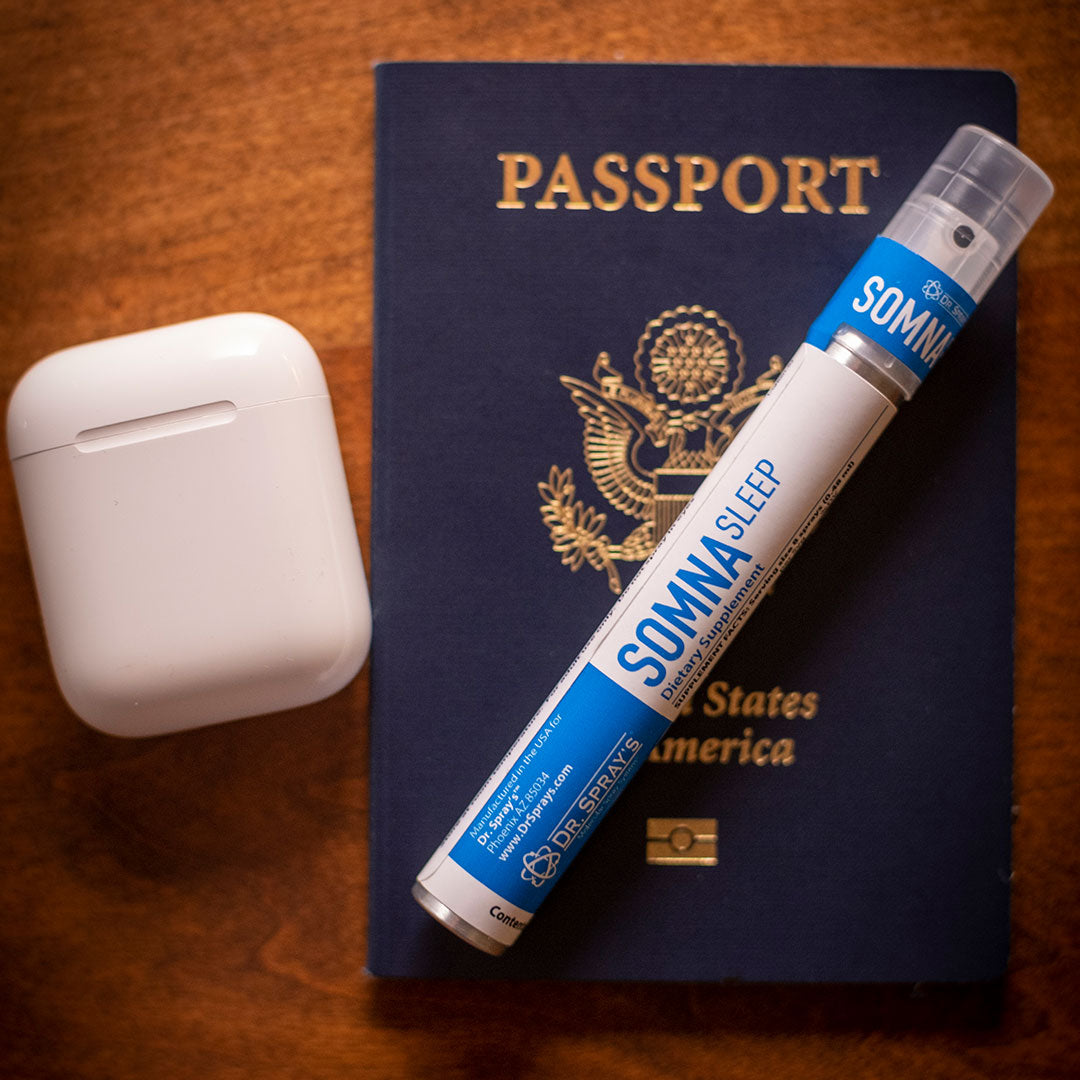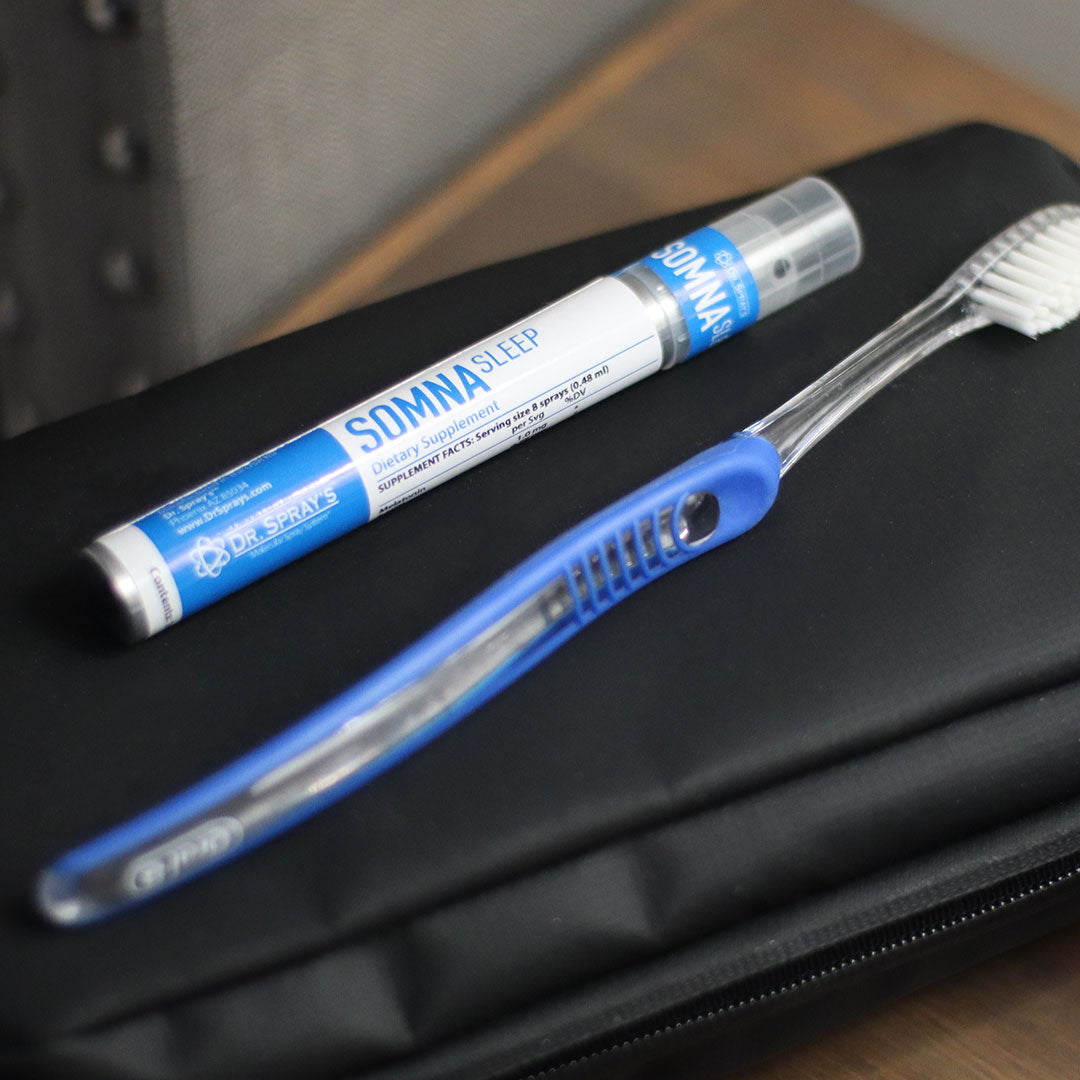How To Go To Sleep Faster For 10 Year Olds?
Are you one of those people who can never seem to fall asleep? You're not alone. According to the National Sleep Foundation, 50 to 70 million adults in the United States have a sleep disorder. And 40 percent of children have trouble sleeping through the night
If you're struggling to catch some Zs, you may be wondering how to go to sleep faster. Luckily, there are a few things you can do to make falling asleep easier. Here are 10 tips on how to go to sleep faster for 10-year-olds.
- Start a sleep routine. Going to bed and waking up at the same time each day can help your body establish a healthy sleep rhythm. A regular sleep schedule will train your body to know when it's time to wind down and fall asleep.
- Create a calming bedtime routine. Just like adults, kids need a calming bedtime routine to help them transition from awake to sleepy. A few minutes of reading or relaxation time can help ease your child into sleep.
- Keep screens out of the bedroom. TVs, computers, and phones can all be major distractions at bedtime. If your child has trouble sleeping, remove electronics from the bedroom to avoid temptation.
- Make the bedroom dark and quiet. A dark and quiet bedroom environment is ideal for falling asleep. Consider using blackout curtains or an eye mask to block out light, and use a white noise machine or earplugs to reduce noise.
- Limit caffeine and sugar. Caffeine and sugar can both interfere with sleep. Avoiding caffeine (found in sodas, energy drinks, coffee, and tea) in the afternoon and evening can help your child sleep better at night.
- Exercise during the day. Exercise can help promote better sleep at night. Try to encourage your child to get at least 30 minutes of physical activity during the day.
- Avoid naps in the afternoon. Napping during the day can make it harder to fall asleep at night. If your child is tired in the afternoon, try a brief (15-20 minute) rest instead of a full nap.
- Wind down before bedtime. An hour or so before bedtime, start winding down for the night. This means no more screen time, no more strenuous activity, and no more stimulating conversation.
- Don't lie in bed awake. If you're lying in bed wide awake, it can send a signal to your brain that this is an appropriate place to be awake. To avoid this, get out of bed and do something else (like reading or relaxing) until you feel sleepy again.










